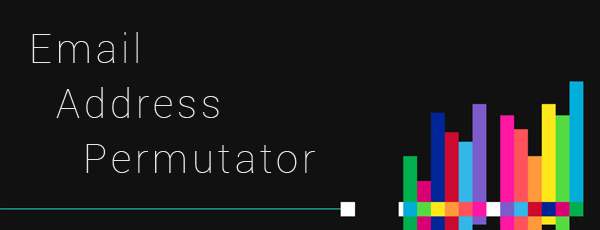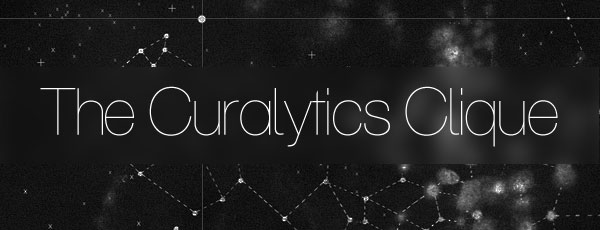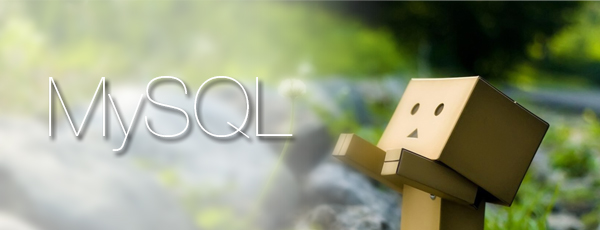[box]• This essay was featured as a guest post on ReadWrite on August 5th, 2015.[/box]
The search giant humanized the Web. Now it needs to do it again.
Google’s stated mission is to “organize the world’s information,” but when it launched its search engine, it wound up doing more than that. The ranking system offered the public a sense of which results were important, based on what we searched for and what we visited. In other words, it showed us what we thought was important.
In a way, it was like a mirror image being held up to humanity, and it offered a beacon of sorts for the cold, dark Internet that was thick with multitudes of confusing crevices. Now other companies, like social networks, have stepped forward to further the very thing that once set Google it apart, finding new ways to bring humanity into the technology equation.
Not that the tech company fails to innovate, with efforts like self-driving cars, weather balloon-based Internet access, car insurance sales, Google Glass, among many other projects. But the company seems to have abandoned the pioneering work of facilitating humanity online. And until Google embraces the role that everyday people play in its success, it may never truly amaze us like they first did with search.
Back in the Day, Google Blew Our Minds
Google Search wasn’t just addictive—it became like “the designer drug” of search engines, and we’re still hooked. Its secret ingredient was PageRank, a tools that analyzes billions of links across the Internet.
The algorithm stemmed from a pivotal insight by co-founders Larry Page and Sergey Brin: They saw links as the digital equivalent of people pointing to the “good stuff” online, and by measuring links en masse, their technology conveyed the feelings, opinions and recommendations of everyone who has ever linked to something.
In that way, it makes sense that Google’s results were better—they were more human. To really sell it, the company doubled down on the humanity with its “do no evil” mantra. The public never looked back.
The Google of today still relies on this original trick. The company earns 90 percent of its revenue mostly from search ads. It may mess with the formula from time to time—which vexes so-called SEO (search engine optimization) specialists regularly. But the premise behind its core product hasn’t changed much since its inception.
It should. Because other rivals are rushing in and setting new online behaviors, and they’re using everything they know about humanity to do it.
The Race to Humanize the Web
Today, Facebook seems to understand what it means to humanize the Web even better than Google does.
The social giant recently opened its mobile messaging service to developer experimentation, encouraging trial and error, and it stands in a good position to usher in whatever the next big consumer behavior will be.
Social media—which includes Twitter, Pinterest, Snapchat, and others—has a long history of getting people to do new things. We friend each other, we tweet and follow one another, we curate “pins” together, and send fast snapshots to each other, without fear of the images sticking around permanently.
By contrast, Google hasn’t changed the way people behave in a long time, unless you count its copy-cat services like Google Plus or acquisitions, such as YouTube or Waze.
Then again, when it comes to making the Web a reflection of us, Google doesn’t actually have much experience. Even PageRank, its original innovation, merely measured links; it didn’t invent them.
Twitter had to invent the tweet and the ability to follow others. Snapchat invented ephemeral messaging. As for Facebook, the company didn’t invent “friending” as much as reinvent it and then specifically apply it to exactly the right audience.
The term “friending” may have come from Friendster, with MySpace keeping the concept alive, but it took on a whole new meaning when founder Mark Zuckerberg applied it to school-based, friendship connections. The exclusivity, the need to connect and even the desire for people to rank themselves and each other hit on a lot of base human levels, particularly for young adults.
These companies are under no illusion that designing human-focused approaches are fundamental to their success, and this gives them an advantage.
Algorithms Are The Cart, Not The Horse
To the victor go the spoils and each newly digitized human behavior brings enormous data and monetization opportunities. The problem for Google is that, since it doesn’t own the links that make up its lifeblood or the data behind them, the greater spoils largely don’t belong to it either.
Think of it this way: Facebook is the one on the edge of social search and advertising. Twitter sits at the vanguard of the “real-time” Web. Pinterest pushes content discovery. These humanized companies continue to seize hundreds of billions of dollars from domains that Google could have been better positioned to pioneer themselves, but didn’t.
If Google sees itself as an Internet infrastructure company, then that type of work would be outside its scope. But it is “organizing the world’s information,” so it’s arguable that such innovations should have been in its wheelhouse.
To Be Human Again
Of course, as long as Google continues to improve fundamental services like search, maps and mobile, it will be just fine. But if Google wants to “wow” us like it first did with search, the company needs to refocus its efforts on humanizing its technology.
What this looks like is open to interpretation, and the path may be indirect. (I’m pretty sure the inventor of the hyperlink didn’t foresee PageRank.) But if it’s going to spend billions on research and development, then there’s little reason not to refocus on it.
There’s also opportunity to experiment with the “human data” it already has. For example, why doesn’t “thumbing-up” a YouTube video improve my personal recommendations? What about all the “+1’s” on my Google Plus profile? How do they benefit me? What about the apps I download on Android, or the articles I bookmark? All of these are intensely human signals about what I think is relevant, and they are potentially more powerful than a hyperlink.
And yet, I don’t see them helping me combat content overload, increase my productivity, entertain myself, or connect with others.
There is tremendous innovative opportunity available to Google, possibly more than ever before. But to unlock it, it needs to remember that it’s us—average Internet citizens—who are the secret sauce in its efforts to organize the world’s information. And we are human.




